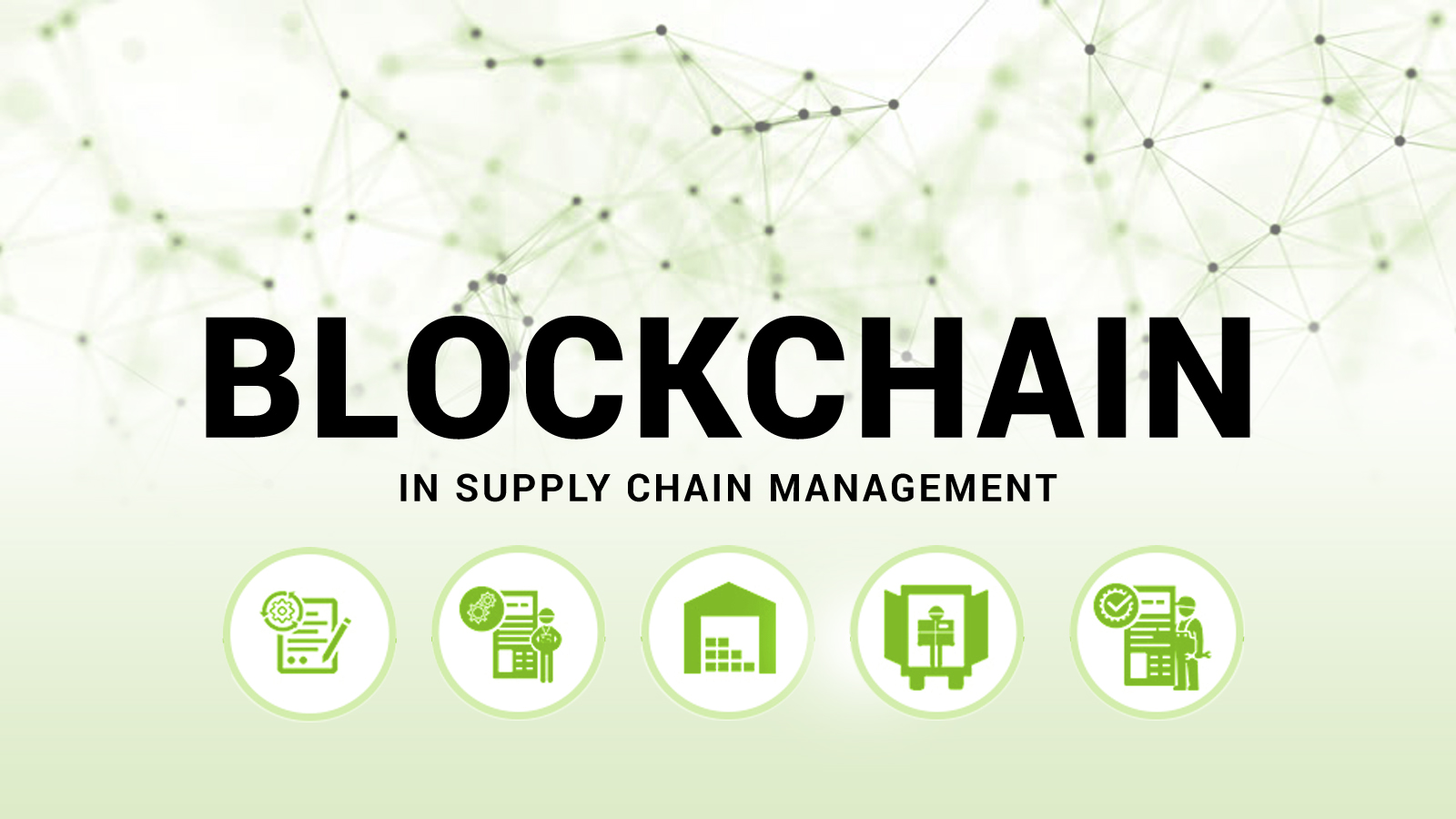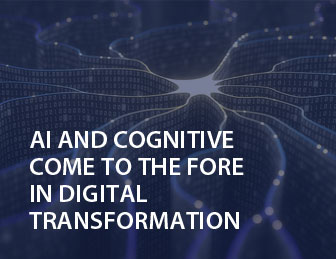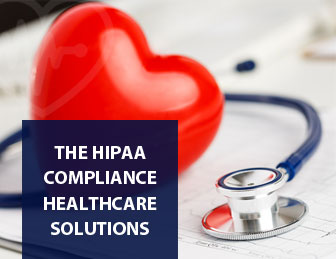 Supply chain is the integral part for all businesses associated with production of goods and services. But unfortunately, it is still besieged with various challenges. In the existing food supply chain, we are struggling to maintain transparency in the process of bringing product from its origin (farm) to the end user (consumer). All the participants (growers, suppliers & retailers) of supply chain are committed to follow the food safety measure but lack of transparency and traceability make it confounding to diagnose and rectify the major concerns.
Supply chain is the integral part for all businesses associated with production of goods and services. But unfortunately, it is still besieged with various challenges. In the existing food supply chain, we are struggling to maintain transparency in the process of bringing product from its origin (farm) to the end user (consumer). All the participants (growers, suppliers & retailers) of supply chain are committed to follow the food safety measure but lack of transparency and traceability make it confounding to diagnose and rectify the major concerns.
When it comes to the supply chain management, challenges related to the traceability and visibility are always present. In the existing food supply chains, the journey of bringing products from the farm to the consumers is not transparent at all. Although retailers may know about the suppliers producing a specific food variety but they may not be in a position to trace the secondary stakeholders and connect them way back to the farm.
World Health Organization estimates that every year, approximately 1 out of 10 people becomes ill due to eating contaminated or adulterated food, whereas 420,000 deaths occur due to its consequence. Our global food supply process is so complex that it becomes impossible for food producers and retailers to provide guarantee on their products provenance. Today, the consumers of food expect improved accountability and information on how the product are produced and delivered through the supply chain.
Blockchain Technology to Transform the Supply Chain Management
Food supply chain is already facing multiple challenges, so it’s the right time when blockchain supply solutions should be deployed to fix major concerns of the industry.
Blockchain is essentially a ledger in which all your data transactions are stored in an encrypted and secured blocks within the same networks. The data collected from the transactions are saved in secured and safe cryptographic blocks which are allied with each other and can be easily traced and verified. Blockchain technology can be applied to the supply chain to allow growers, suppliers, manufacturers and end-users to verify from where the products and ingredients came.
Different Ways through Which Blockchain Can Build Trust for supply Chain Management
Food Recalls
Currently, IBM and Walmart are working on this project. Walmart has conducted a test where they were able to trace the package of mangoes from farm to the store. According to the company, when they utilized traditional methods, it took more than six days to trace it whereas with the innovative IBM blockchain food solution, they were able to detect the exact source of food in 2.2 seconds.
If blockchain is effectively implemented on the supply chain then it could improve the food recall process with its easy and quick way of tracing food from its origin and destination. With blockchain track-and-trace solution, grocers and restaurants can immediately track the items to their origin, locate the issues and remove the contaminated products from their shelves or menus.
Transparency
Blockchain eliminates the role of intermediaries and provides a platform where transactions are processed without the involvement of any third party. Blockchain is based on a smart contract which defines some set of rules that must be followed by all the participants to enhance the transparency feature of the system.
Improved Traceability
Currently, every participant involved in the food chain maintains their own manual paper-based records which are vulnerable to update. When the problem arises, it becomes hard to track and trace, which results in delay in investigation processes. Blockchian can resolve such pain points of food chain supply chain by offering easy and efficient traceability of its immutable records.
With Blockchain, every participant of the system can view the details of each product, from its origin (in the farm) to the grocery shop. The complete data is verified as blockchain smart contracts get the agreements signed from all the network participants before distributing it in the network. The data is shared in the network only in a read-only format so that users can view only verified details of the product report.
Flexsin blockchain developers has extensive expertise in developing permissioned and non-permissioned blockchain solutions for the specific needs of the businesses in various sectors and got IBM Badge also for its deep understanding of blockchain. Get in touch with Flexsin to get a custom blockchain solution for your supply chain management or other industry vertical needs.


 Jeet
Jeet

